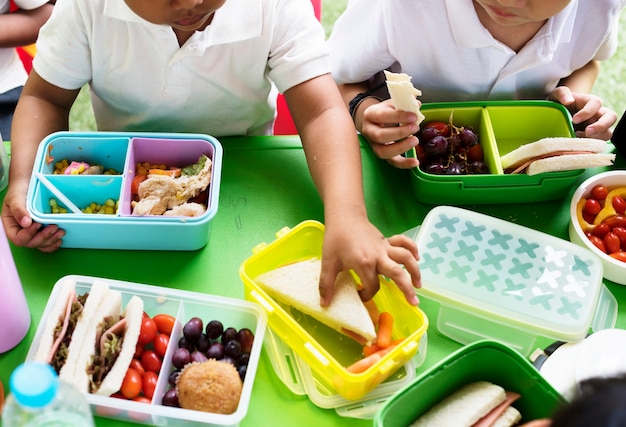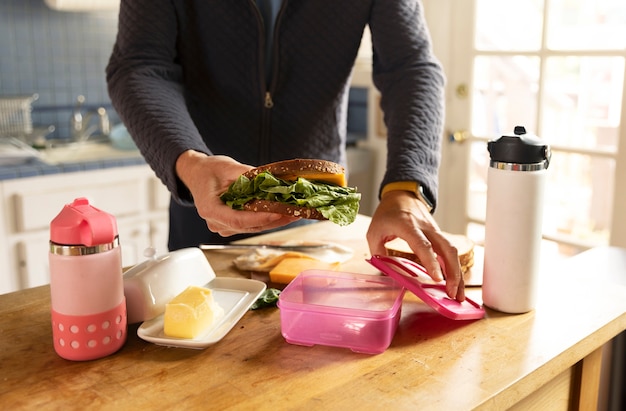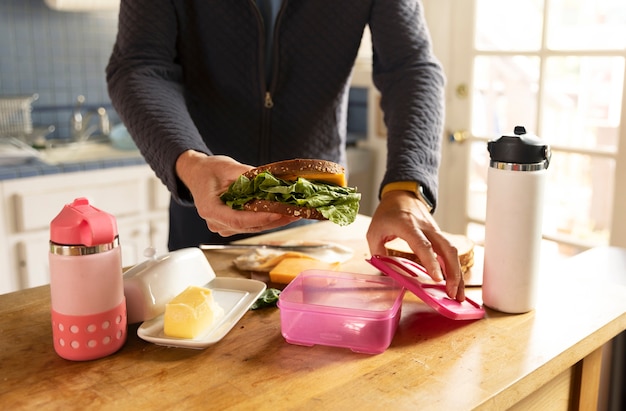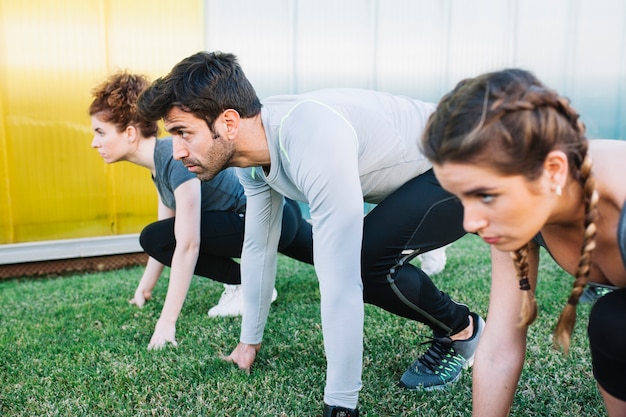Fuel Your Flow: The Ultimate Weekly Meal Prep Guide for Yoga & Mobility Recovery (Student-Approved, Minimal Gear)
Balancing yoga, mobility work, academic demands, and a tight budget can leave little time or energy for proper nutrition. Yet, what you eat plays a crucial role in muscle recovery, joint health, and mental clarity—especially when your body is adapting to regular movement practices. This weekly meal prep blueprint is designed specifically for students who want to enhance recovery without needing fancy equipment, hours in the kitchen, or a big grocery budget.
Why Meal Prep Matters for Yoga & Mobility
Yoga and mobility training aren’t just about flexibility—they challenge your muscles, connective tissues, and nervous system. Even gentle flows cause micro-tears in muscle fibers and stress on joints, which need proper nutrients to repair and grow stronger. Without adequate protein, healthy fats, and complex carbohydrates, your recovery slows down, increasing soreness and reducing performance.
Meal prepping ensures you have balanced, nutrient-dense meals ready when hunger strikes—reducing the temptation to grab processed snacks or skip meals altogether. For students, this means better focus in class, faster recovery between sessions, and more energy for both movement and academics.
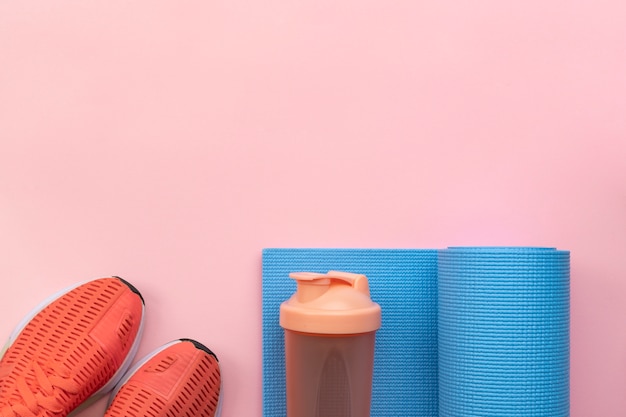
The Recovery-First Nutrition Framework
This plan focuses on three pillars of recovery nutrition:
- Protein: Supports muscle repair and synthesis. Aim for 1.2–1.6g per kg of body weight daily.
- Complex Carbs: Replenish glycogen stores depleted during movement. Think oats, sweet potatoes, quinoa, and brown rice.
- Healthy Fats & Antioxidants: Reduce inflammation and support joint health. Include nuts, seeds, avocado, olive oil, and colorful vegetables.
Minimal Gear, Maximum Results
You don’t need a full kitchen to prep well. Here’s what you actually need:
- One medium saucepan
- One non-stick skillet or frying pan
- One baking sheet (or oven-safe tray)
- Five to six reusable meal containers (glass or BPA-free plastic)
- A cutting board and one sharp knife
- A blender or immersion blender (optional, for smoothies)
With just these basics, you can cook and store five days’ worth of meals in under two hours.
The 5-Day Student Recovery Meal Plan
This plan is budget-friendly, plant-forward, and easy to customize based on dietary preferences (vegan, vegetarian, omnivore).
Day 1–5: Core Components (Prep Once, Mix & Match)
- Base (Carbs): Cook 2 cups dry quinoa or brown rice. Yields ~6 servings. Store in fridge.
- Protein: Bake 2 cans (drained) of chickpeas with olive oil, cumin, and smoked paprika at 400°F for 25 mins. Or, cook 1 lb of lean ground turkey or tofu in skillet with garlic and turmeric.
- Veggies: Roast two sheet pans of mixed vegetables (sweet potato, broccoli, bell peppers, zucchini) with olive oil and herbs.
- Greens: Wash and store 5 cups of baby spinach or kale for quick addition to bowls or smoothies.
- Healthy Fats: Portion out 10 servings of avocado (½ per meal), or pre-portioned nuts/seeds (1 tbsp sunflower seeds, 10 almonds, or 1 tbsp pumpkin seeds).
- Recovery Smoothie Packets (Optional): Pre-portion frozen banana slices, spinach, chia seeds, and protein powder into freezer bags. Just blend with water or plant milk when ready.
Putting It Together: Daily Examples
- Breakfast: Overnight oats with chia, almond butter, and frozen berries.
- Lunch: Grain bowl with quinoa, roasted veggies, spiced chickpeas, and tahini drizzle.
- Snack: Apple with peanut butter or a hard-boiled egg.
- Dinner: Stir-fry tofu or turkey with greens and sweet potato over brown rice.
- Post-Yoga: Smoothie with banana, spinach, protein, and flaxseed.
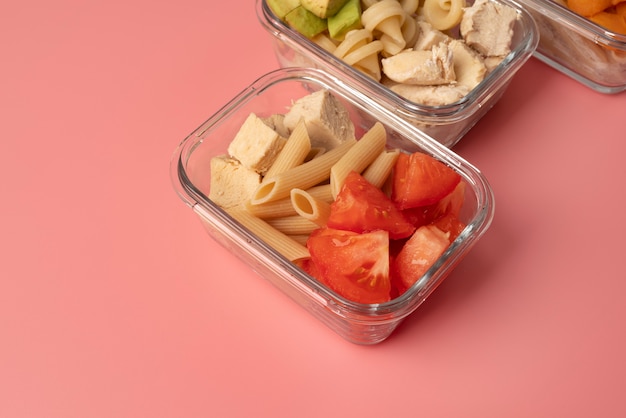
Tips for Staying on Track
- Schedule Prep Time: Block 90 minutes on Sunday or Wednesday evening. Treat it like a class.
- Double Recipes: Cook extra protein and freeze half for next week.
- Use Frozen Produce: Just as nutritious, often cheaper, and reduces waste.
- Flavor Boosters: Keep lemon juice, hot sauce, soy sauce, and herbs on hand to refresh meals during the week.
- Hydration: Pair meals with water or herbal tea. Dehydration slows recovery.
Final Thoughts
Recovery isn’t just about rest—it’s about fueling your body with what it needs to rebuild and thrive. With this simple, student-friendly meal prep system, you can support your yoga and mobility practice without sacrificing time, money, or convenience. By investing a few hours each week, you’ll feel stronger, more energized, and better equipped to handle the demands of both your body and your schedule.
Start small, stay consistent, and let your plate become part of your practice.







